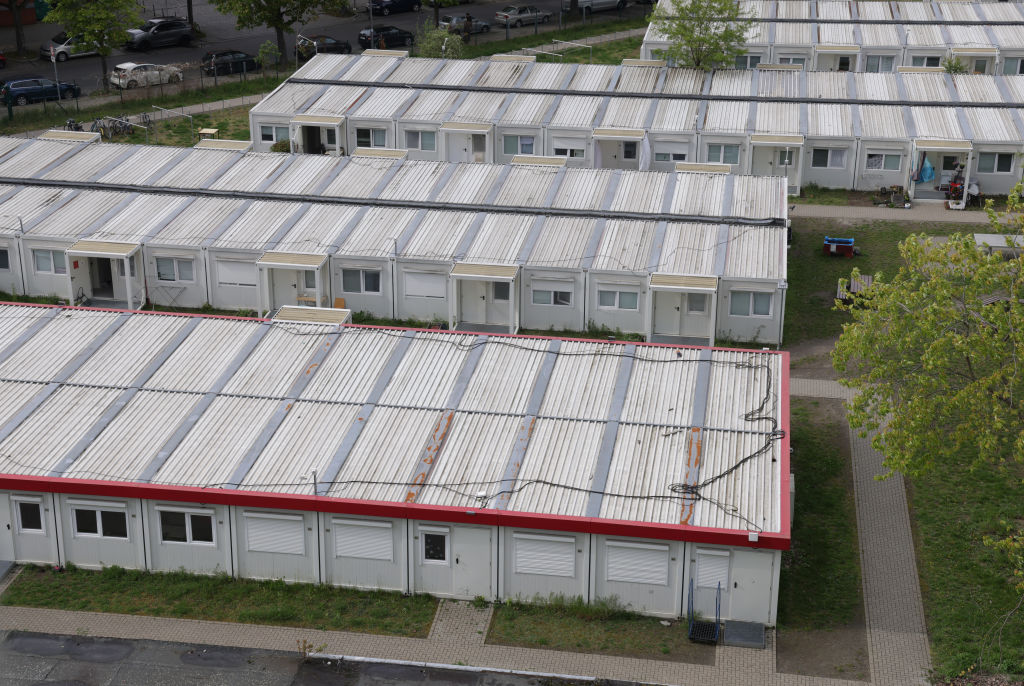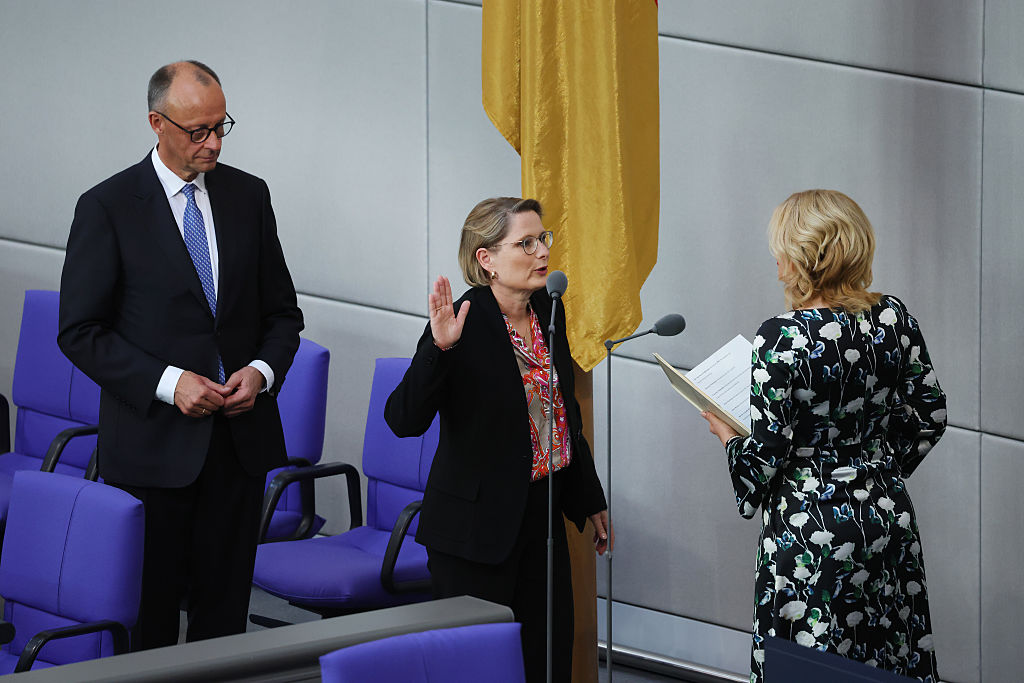The number of German old-age pensioners relying on social welfare has risen by 32 per cent since 2020, to a record 742,000. One-third of the recipients are not German citizens.
The number of pensioners receiving the Grundsicherung social welfare payment reached the highest level ever in March 2025, said the German labour ministry.
Around 262,000 recipients are foreigners living in Germany, including 98,000 Ukrainians.
Another 35,000 pensioners come from the eight main countries of origin of asylum seekers, including Afghanistan, Eritrea, Somalia, and Syria. This number has increased by almost 50 per cent since 2020.
The ministry released the data in response to a request by René Spinger, speaker for social affairs of the right-wing Alternative for Germany party (AfD).
Germany’s social system was at risk of being overloaded, Springer told newspaper Neue Osnabrücker Zeitung.
“Uncontrolled immigration is not only reflected in the welfare for people who are fit for work, but increasingly also in basic income support for the elderly”, Springer said.
If Germany’s economy continued to languish and unemployment increased further the German welfare state might be “destroyed”, Springer warned.
Demanding a “U-turn on migration”, he concluded “poverty-driven migration to Germany must be stopped”.
Basic security payments are intended to aid pensioners on especially low incomes.
German residents with a monthly income of less than €1,062 are eligible for the subsidy, according to German Pension Insurance.
Seniors granted asylum in Germany are eligible for basic security, even if they have not paid into the system.
So are Ukrainian refugees, irrespective of their asylum status.
Working-age migrants may request the Bürgergeld (citizen’s stipend) welfare payment instead.
As of 2025, there were 2.6 million non-citizens receiving Bürgergeld in Germany.
The burgeoning costs of the country’s welfare system – greatly expanded under the left-wing government of former chancellor Olaf Scholz (SPD) – are expected to rise to €52 billion in 2026.
Conservative chancellor Friedrich Merz promised a comprehensive reform of the system in the run-up to the February 2025 general election.
However, his plans appear to have run aground due to dogged resistance from his coalition partner, the SPD.





